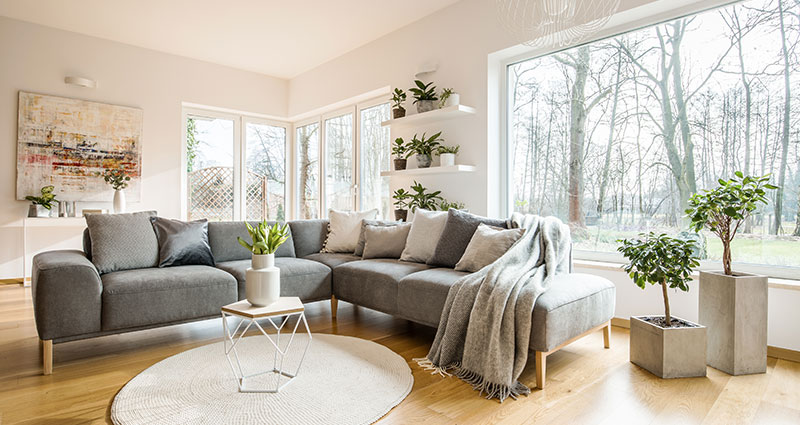When considering a fade control window film installation from CoolVu, understanding how these films work to control the sun’s radiation is an important next step in deciding if the investment is right for you. Window films are an important mitigating solution, however, there exist many misconceptions in the market as to what causes sun-related fade.
It is important to understand the challenge the sun’s rays present to architects and interior decorators who aim to beautify for the long-term as part of their design mandate.
Many home and business owners also have real concerns about the damaging effects of solar radiation streaming through doors and window glass. As essential and desirable as natural sunlight is for interior environments, certain aspects of the solar spectrum are damaging to valuables. These need to be managed so sunlight does not cause irreversible damage to your most important assets.
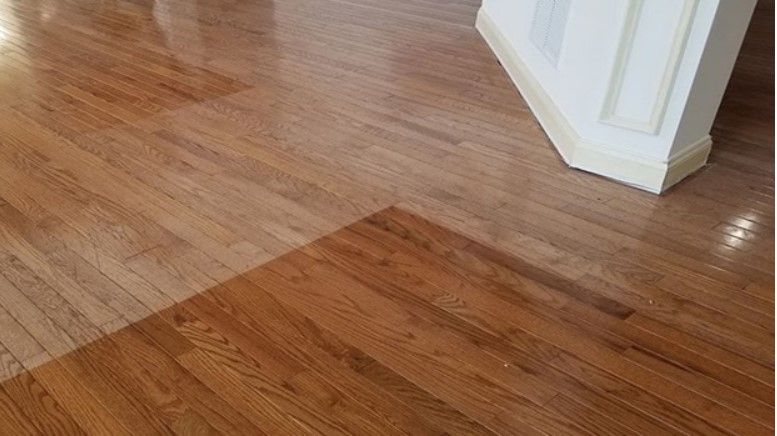
For effective museum-grade fade control, understanding how solar radiation from the sun leads to damage is the first step in determining the right fade control window film for your needs.
The Solar Spectrum and Spectrally Selective Solar Window Films
Solar radiation from the sun sustains life but can damage furnishings, artwork, hardwoods, and valuables inside your home or business. Many harmful portions of solar radiation are blocked by the earth’s atmosphere. However, some sun rays penetrate the atmosphere and are absorbed by the environment, with both good and bad effects.
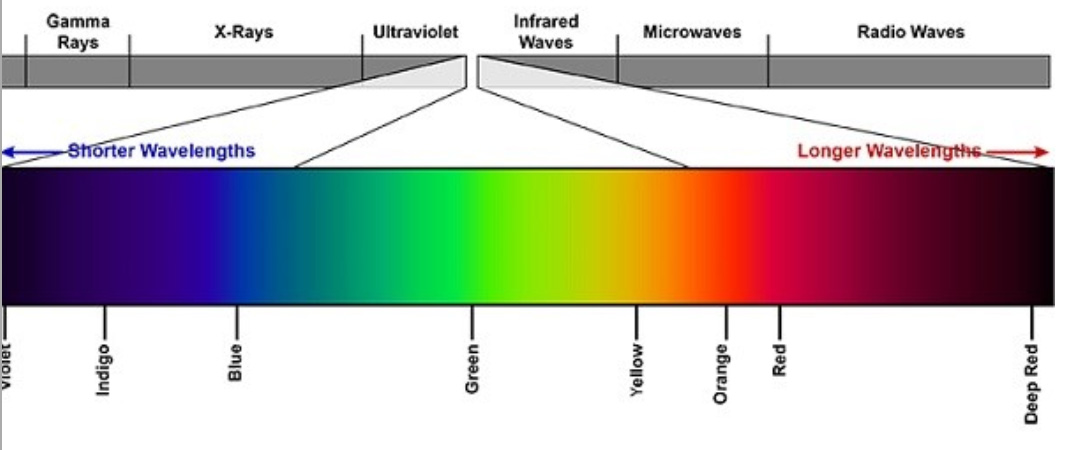
A high percentage of UV rays, visible light, and infrared heat reach the planet’s surface, lighting and heating our environment. Some solar rays cause damage that must be controlled by solar films or other measures. UV light, visible light, and infrared radiation each affect interiors negatively in different ways.

Unfortunately, overexposure to any band of solar radiation can cause issues. Excessive infrared (IR) radiation creates hot spots and increases energy use. Too much visible light causes glare, which can worsen headaches and migraines. UV overexposure fades colors and damages skin, reducing the vibrancy of your furnishings over time. CoolVu window films block 99% of harmful UV rays, allowing safe, natural sunlight to stream through your windows and doors.
Fortunately, CoolVu’s modern window film technologies are durable, look amazing after their professional installation. These films are now available to combat these sun problems for homeowners and businesses alike.
These innovative ‘spectrally selective’ CoolVu window films minimize the transfer of the sun’s most harmful radiation. They block 99% of UV light and significantly reduce infrared (IR) and visible light at the glass surface.
Key Facts on Fade Control
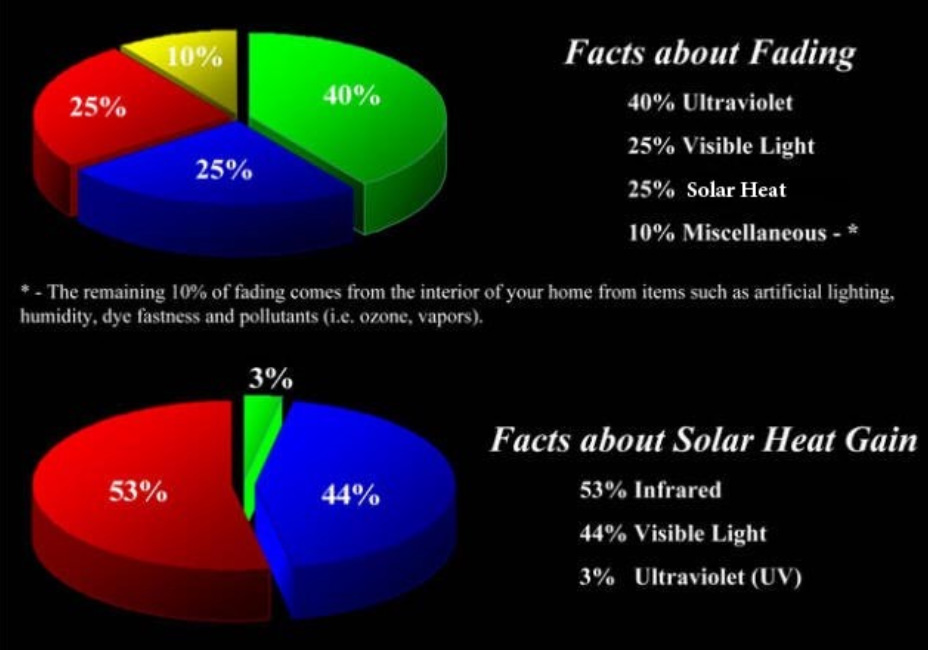
Spectrally selective window films are a newer technology whose function is ‘tuned’ to block certain wavelengths of the sun’s solar radiation.
By blocking solar radiation at the glass surface, CoolVu films protect interiors from bleaching that affects hardwoods, artwork, and furnishings. They ‘tune’ the films to selectively block radiation while allowing beneficial natural visible light to pass through. This lets interiors stay bright without negative impacts or needing to increase artificial lighting.
Important Facts to Consider When Opting to Use Fade Control Window Films
- No window film will stop fading completely. However, CoolVu fade control films can extend your furnishings’ life by 300–500%.
- The strongest fade control films block out a greater amount of visible light. A good rule of thumb is: the darker the window film, the greater the fade control.
- Blocking a high degree of heat with ceramic-based sun control film is the best strategy for effective fade control.
- UV radiation is the main cause of fade and material degradation. All CoolVu window films block 99% of the sun’s UV light, stopping UV at the glass surface completely.
- Professionally installed window film for homes comes with a lifetime warranty from CoolVu. Thus, guaranteeing the UV protection you’ve invested in will last over the long haul.
- Ceramic window films are high heat blocking, non-mirrored fade control products. They are recommended solution for homeowners and businesses looking for natural-looking glass solutions that will not appear shiny in appearance.
- Commercial clients seeking maximum fade control should consider darker, metallic, or dual-reflective films for enhanced protection. These films block the most heat and visible light, in addition to the 99% UV protection found in most glass films.
Installing Fade Control Window Films
Professionals typically apply CoolVu solar window films for fade control to the interior of your windows and doors. They use exterior films when something blocks access to the interior glass surface. Although exterior fade control films work well, their lifespan usually lasts a maximum of 10–15 years.
Installers cut all CoolVu solar window films to fit your glass and apply them using soap and water or a glass-hardening mounting solution. They professionally clean the glass surface just before installation as the first step in applying solar fade control film.
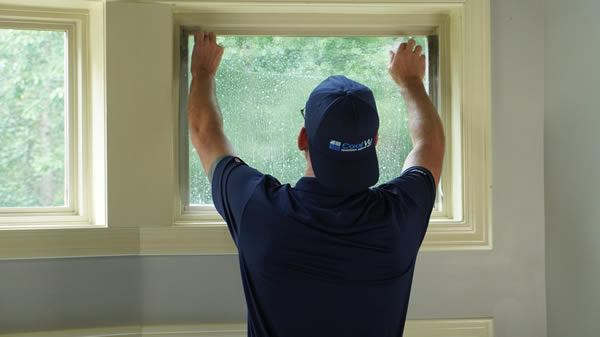
Once applied, installers trim the film to fit tightly on each glass pane. They remove water and mounting solution using various techniques to ensure a strong bond to the glass. The adhesive-backed window film takes 30–90 days to fully dry or cure. During curing, a slight haze appears as the adhesive settles onto the glass surface. Climate, sun direction, and installation season affect the full cure time. Films installed in direct sun usually cure in under 30 days and remain beautiful on your windows and doors for years.
For more information on CoolVu fade control window film or to schedule an assessment, please visit us at www.coolvu.com or call 1-844-4-CoolVu.
Jeff Franson
Founder, CoolVu Glass & Surface Solutions

MORE POSTS:
- UV Heat Blocking Window Film – The practical benefits, market demand, and business potential behind a solution that protects, cools, and saves.
- Protecting Commercial Spaces from UV Damage – How UV light harms interiors, inventory, and occupants, and how window film provides lasting protection.
- Sun Solar Window Tinting – How advanced window films improve energy efficiency, protect interiors, enhance comfort, and create high-value business opportunities.

